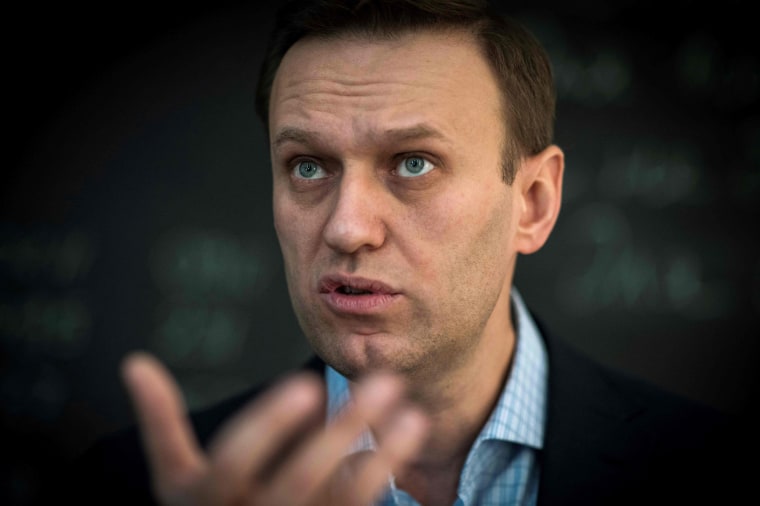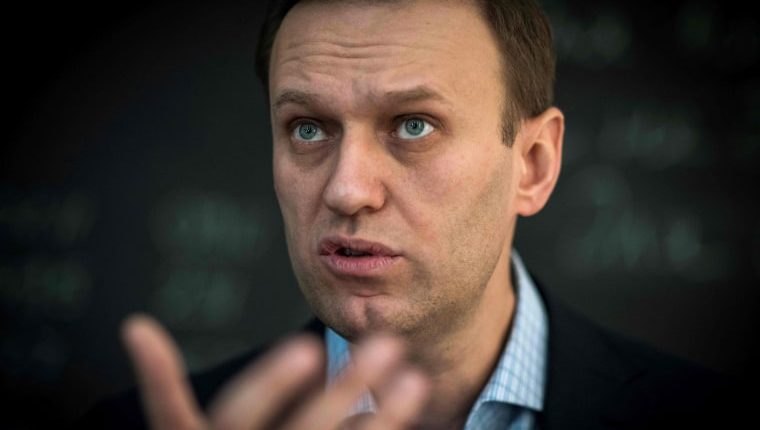The death of Alexei Navalny deals a severe blow to Russia’s opposition, which President Vladimir Putin has ruthlessly silenced.
The circumstances surrounding the death of the outspoken critic while in jail remain unclear, but blame will undoubtedly center on the Kremlin, which has a long history of eliminating its adversaries.
The death of the 47-year-old leaves a gaping hole in the opposition movement, with its remaining leaders either in prison or in exile as a result of a crackdown not seen since the Soviet era.
Over the years, Navalny was poisoned, then jailed and has now died. He is just the latest high-profile example of the Kremlin’s approach.
“The question was really how long he would survive, rather than whether he would be allowed to live,” said Keir Giles, senior consulting fellow with the Russia and Eurasia Programme at Chatham House, a London-based think tank.
Russia has urged the United States and its allies not to rush to conclusions, criticizing the “rabid” response of those like President Joe Biden who pointed the finger at Putin. But anyone familiar with how the Kremlin operates will have “been left with little doubt” about who was to blame, Giles told NBC News.
War in Ukraine and a crackdown at home
Russia has been recast over the past two years, as the Kremlin waged war in neighboring Ukraine.
The war was initially met with some protests inside Russia, but draconian legislation enacted within days of the invasion enabled the arrest of dissenters, many of whom ended up behind bars. Russian independent media fled the country, fearing persecution.
The war continues to fuel some dissent at home, with wives of mobilized soldiers fighting to return their men from the front lines, and people lining up to support antiwar candidate Boris Nadezhdin, who was subsequently barred from running in next month’s presidential election.
But in reality, most public critics still in Russia have been locked up.
Until Friday, Navalny was the most high-profile of these figures, his stoic and humorous presence from an Arctic prison offering opposition supporters an occasional glimpse of the man they might still have hoped to rally around.

The Kremlin has denied ever poisoning Navalny, and Russian authorities have said his death would be investigated.
But his harsh treatment in prison was at best evidence of a “deliberate indifference” from Putin, said Tatiana Stanovaya, a nonresident scholar at the Carnegie Endowment for International Peace and the founder and head of the political analysis firm R.Politik.
“Russian penal institutions inflict profound and lasting physical and psychological harm on inmates, effectively maiming their lives,” she said in a post on X.
Concern will now turn to some of the other high-profile opposition figures imprisoned in recent years.
Ilya Yashin, a municipal politician and supporter of Navalny, was sentenced to 8 ½ years in late 2022 accused of spreading fakes about Russia’s military in Ukraine, a charge increasingly being used to put Kremlin opponents behind bars. Yashin has been outspoken about the war and critical of Putin’s regime for years.
Vladimir Kara-Murza Jr., a former journalist and prominent Putin critic who claims he was poisoned twice by the Kremlin, spoke out against the war in Ukraine and lobbied for tougher Western sanctions. He was sentenced to 25 years in jail last April — the harshest sentence imposed on a political opponent since the invasion — on charges including treason that he says are politically motivated. The case drew comparisons to a Stalin-era show trial.
Shootings, poison and plane crashes
Kara-Murza was a close associate of Boris Nemtsov, once considered the leader of Russia’s opposition and one of Putin’s fiercest critics. Nemtsov was shot dead in 2015, just a few feet away from the Kremlin.
His murder sent shock waves through Russian society and the opposition scene, with an annual march held in Moscow to mark the killing. Several people were convicted in his murder, but his supporters say those who ordered his killing were never found.
Source: | This article originally belongs to Nbcnews.com










